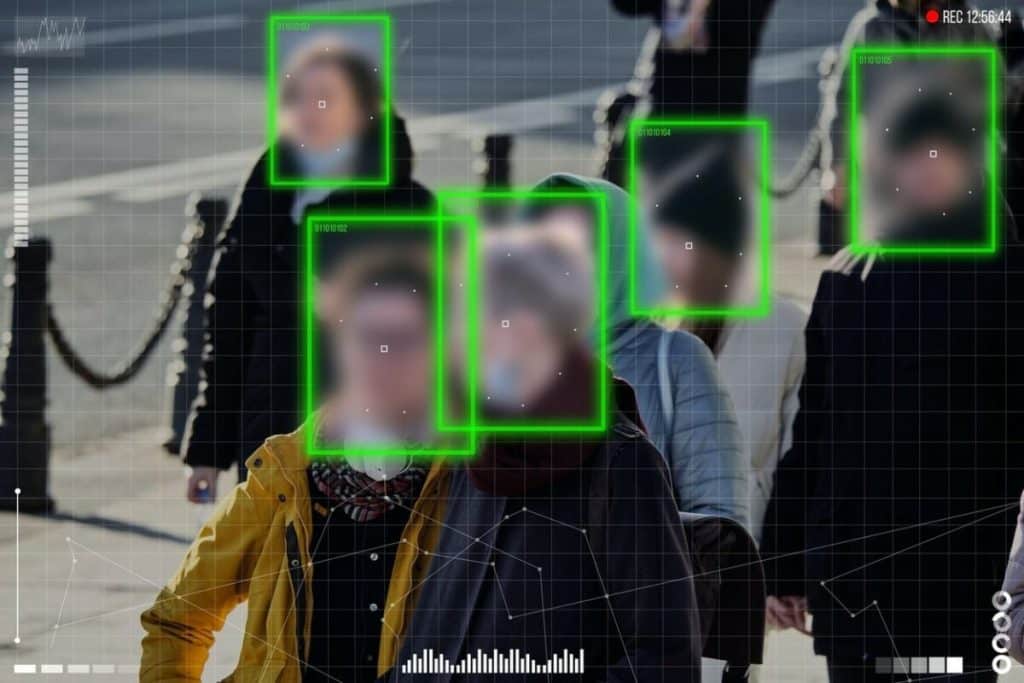Espionage software is used in many European countries. Democratic rights are under threat, claims the report of the European Parliament.
When is it Elon Musk bought by Twitter, the European Commissioner for the Internal Market Thierry Breton immediately warned the American company that it must adhere to the competition rules valid in the European Union. And when it comes to the misuse of spyware by European governments, almost no one in the European institutions in Brussels is interested in it, criticizes the European rapporteur of the so-called Pega Committee of the European Parliament, a Dutch EU member Sophie in ‘t Veld. At the same time, he says, it is a serious threat to democratic rights when European governments, under the guise of concern for national security, use Pegasus and similar software in an uncontrolled manner, and spy on government critics, journalists or opponents, he writes. Deutsche Welle.
A European affair
“Abuse is a pan-European affair,” reads the interim report of the investigative committee presented by Sophie in ‘t Veld on Tuesday (11/8). “Member countries used surveillance software against their citizens for political purposes, i.e. to cover up corruption and criminal activities.” At the same time, as she added, no national institution was ready to provide concrete information to the European Parliament, so the commission had to rely on publicly available data in its work.

The committee is nevertheless convinced that it has managed to collect a considerable amount of facts: “If the puzzle consists of 1,000 pieces, we have 900 pieces in our hands,” says Sophie in ‘t Veld. It can be assumed that all EU member states have bought spyware and that some are making good money from trading with it, adds the Dutch representative in the EU Parliament.
“Cyprus and Bulgaria are export centers, Ireland organizes tax arrangements. And Luxembourg is a financial center for many actors among producers”. The so-called Wiretapper’s Ball, an annual meeting of actors from the industry, is held in Prague instead of Malta and is reputed to be a favorite meeting place of the main protagonists, she adds.
The most famous example is the Israeli company NSO, which produces Pegasus spy software – which recently caused a major political scandal in Greece. This company has representative offices in Cyprus and Bulgaria, and conducts financial transactions through Luxembourg. NSO benefits from the EU’s internal market and freedom of movement within the European Union. The sale of software is consciously organized in a non-transparent way, and the financial structure is complex, says the report presented in Brussels: “The business is booming, it is profitable.”
Greece, Hungary, Poland…
The most famous victim of espionage of opposition politicians and journalists in Greece is the head of the social democratic party Pasok and a member of the European Parliament Nikos Androulakis. His mobile phone was “infected” with Predator surveillance software.


In the meantime, the lists of possible victims of unauthorized surveillance are getting longer. Last weekend was the Greek Prime Minister Kyriakos Mitsotakis again denied having anything to do with the latest revelations. “It is a shame to claim that the prime minister spied on his own ministers,” he said on the ANT1 station.
Nikos Marantzidis, a media expert at the University of Thessaloniki, believes that the head of government is very responsible: “First he said that everything was in accordance with the law, and now he says that he will solve the problems with Pegasus and Predator. It is impossible to believe everything he says,” Marantzidis claims. And he adds that the worst thing is that the trust of the Greeks in democracy in their country has been deeply shaken because of this affair: “Many are shocked because we are entering the authoritarian phase again.” Meanwhile, the Greek government announces that it wants to ban the sale of spyware.
The report of the European Parliament deals extensively with the actions of the governments in Budapest and Warsaw. Hungary is said to be one of the first EU countries to be involved in a surveillance scandal. According to the human rights protection organization Amnesty International, more than 300 political activists, journalists, lawyers and other persons were monitored in that country. “The use of Pegasus appears to be part of a strategy of calculated strategic destruction of media freedom and freedom of opinion by the (Hungarian) government,” the report said.
Last year, Poland practically abolished restrictions on the legal possibilities of surveillance: “Victims’ rights have been minimized, and legal remedies have become insignificant in practice,” the report claims. The ruling party has full surveillance control, and victims have no one to turn to for help, it added.
Amnesty International’s appeal
Meanwhile, Amnesty International has collected more than 100,000 signatures for a petition sent to the United Nations, with the aim of banning the sale and distribution of spyware.
“There is an urgent need to better protect human rights when it comes to the export of surveillance technology,” writes Amnesty’s director general Agnès Callamard.
“We are currently in the midst of a global spyware crisis, in which the private spheres of journalists, activists and lawyers are being targeted to be silenced or intimidated.”
UN members must stop the practice of either using such software as a means of pressure or tolerating this practice, she adds, reports DW.
Track N1 via Android apps | iPhone/iPad and social networks Twitter | Facebook | Instagram.

